
gregoryjaylee
gamer level 4
1600 xp
1600 xp
followers
3
3
Use my invite URL to register (this will give me kudos)
https://boardgaming.com/register/?invited_by=gregoryjaylee
profile badges


...
...
recent achievements

I Love Playin' Games
Claim that you have played a game today by clicking the "Played Today!" button on a game page 50 times.
Claim that you have played a game today by clicking the "Played Today!" button on a game page 50 times.

Gamer - Level 4
Earn Gamer XP to level up!
Earn Gamer XP to level up!

Rated 25 Games
Rate 25 games you have played.
Rate 25 games you have played.

Pick a Favorite LGS
Go to the Store Locator page, find your favorite local game store (LGS) and click on the Favorite button.
Go to the Store Locator page, find your favorite local game store (LGS) and click on the Favorite button.
Player Stats
Critic (lvl 1)
250 xp
250 xp
Explorer (lvl 1)
131 xp
131 xp
Professor (lvl 0)
83 xp
83 xp
Reporter (lvl 1)
217 xp
217 xp
About Me
I like to play all types of games. Usually an interesting mechanic or an unique charm to a game is enough to capture me and start playing. Frankly, I fall in love with games that leave me with "telling a story". Games that engaged me to the point where I'm just lost in it always have a place in my collection.

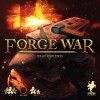

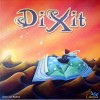
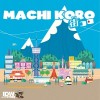
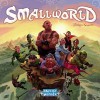

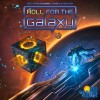

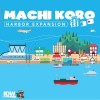

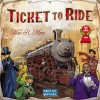

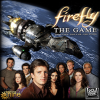








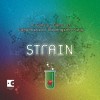


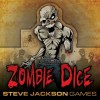
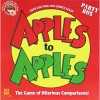







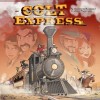






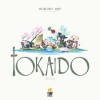






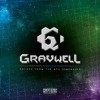


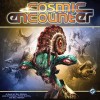
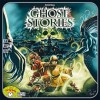

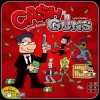


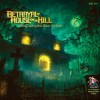





Zombie Dice
Zombie dice is a great, mini, filler game. Got fifteen minutes, or just want to have a laugh with a group of friends around the table? Then this “no brains”, push your luck game is a great fit. Personally, I like to call it “lunch time play”.
You’re a zombie and the goal (of the game) is to accumulate “brains” by rolling three random dice at a time. There are three possible facings to a dice: brains, runners, or shotgun. “Shotgun” is never good, it means a survivor you encountered shot you. “Runners” are those survivors who’ve kept up with their cardio in the apocalypse so you need to continue to chase them down (ie the dice does not resolve). “Brains” are the yummy center of the human lollipop, and you want 13 of them to win.
There are 13 dice total, all have the three facings, however, the chance for a particular facing depends on the color of the dice: Green – 50% brains, Yellow – 50% runner, Red – 50% shotgun. There are more Green dice then Yellow and more Yellow than Red. However, you must choose your three dice randomly from the game’s container and role to resolve. You can keep rolling, resolving, and rolling again until you resolve 13 brains or 3 shotguns, or anything in between.
Again, it’s a great filler game for all gamers. Family gamers might want to consider the theme prior to playing or purchasing. Definitely great to have around to fill in gaps in game nights or just for a laugh.